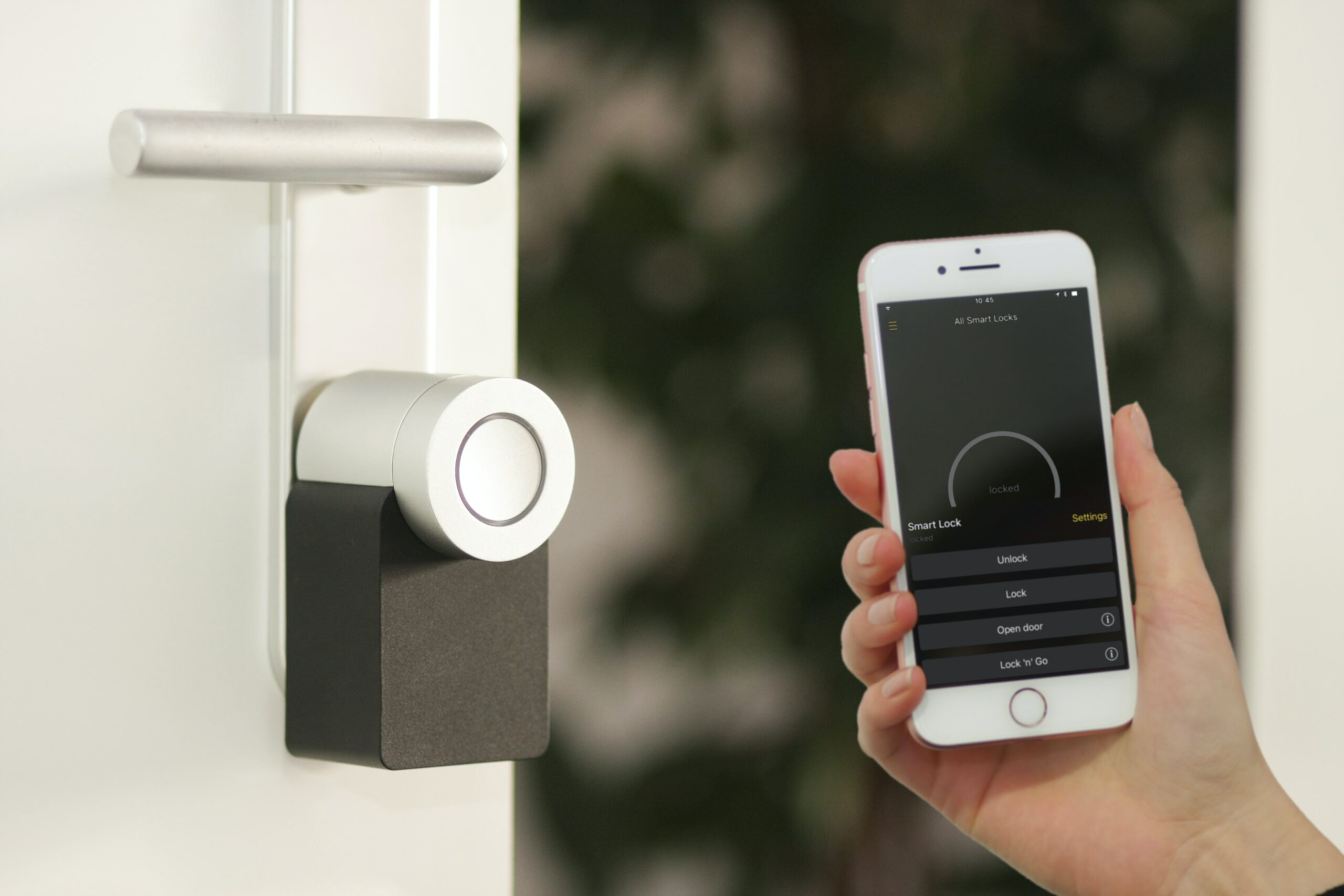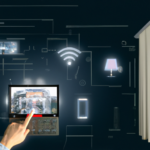Living in a smart home certainly offers a range of conveniences that make everyday tasks easier and more efficient. From voice-controlled assistants to automated security systems, these technological advancements have become increasingly popular. However, with the rise of smart home devices, there also comes a concern for privacy and security. The challenge lies in finding the right balance between enjoying the convenience of a smart home while ensuring the safety of your personal information and maintaining control over your own space. In this article, we explore the privacy paradox that arises in the context of smart homes and discuss ways to find that delicate equilibrium between convenience and security.
The Privacy Paradox: Balancing Convenience and Security in a Smart Home
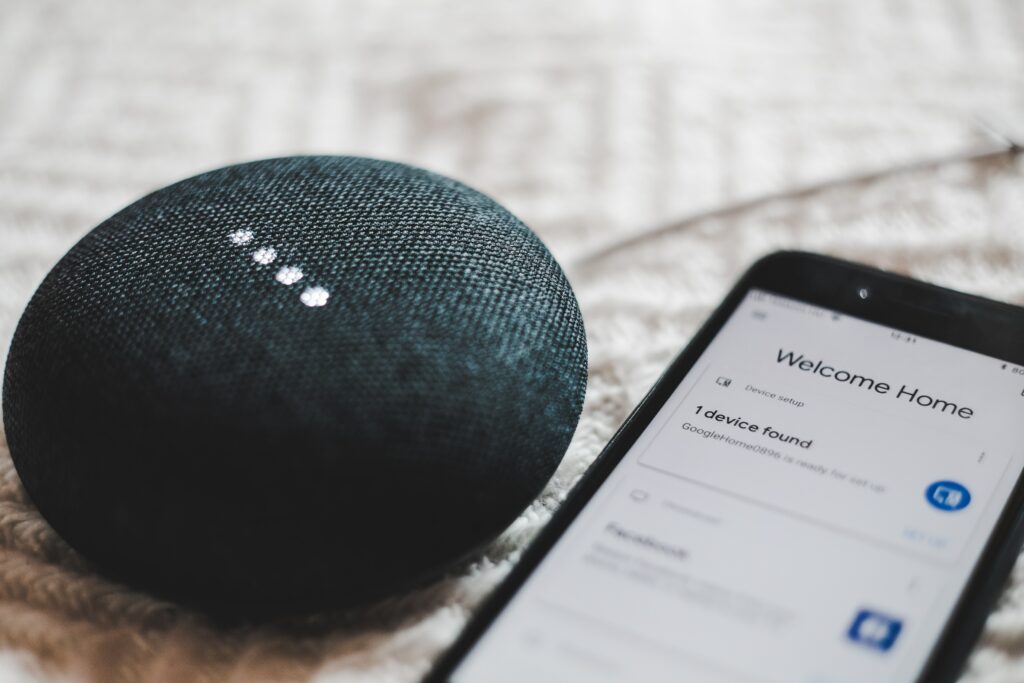
Understanding the Privacy Paradox
In today’s digital age, privacy has become a significant concern, especially with the increasing adoption of smart home technology. The privacy paradox refers to the conflicting desire for the convenience of interconnected devices and the need for data security and privacy. Smart homes offer a range of benefits such as increased comfort, efficiency, and convenience, but they also raise valid concerns about the potential risks associated with data collection and privacy invasion. It is important to understand this paradox and find a balance between convenience and security in our smart homes.
The Rise of Smart Homes
Smart homes have transformed the way we live, with various technologies seamlessly integrating into our daily routines. From voice-controlled assistants like Amazon’s Alexa to thermostats that learn our preferred temperatures, smart home devices have made our lives more comfortable and efficient. The global smart home market continues to grow rapidly, as more and more people recognize the convenience and versatility of these technologies. However, with this rapid growth comes the need to address the privacy implications associated with these interconnected devices.
The Benefits of Smart Home Technology
One of the primary reasons for the increasing popularity of smart homes is the myriad of benefits they offer. Smart home technology allows homeowners to control and automate various aspects of their homes, including lighting, security systems, climate control, and even entertainment. With smart devices and voice assistants, you can remotely monitor and manage your home, improving energy efficiency, convenience, and overall quality of life. For example, you can turn off lights, lock doors, or adjust the thermostat with a simple voice command or on your smartphone, even when you’re not at home.
The Dangers and Privacy Risks
While smart home technology brings numerous advantages, it is crucial to be aware of the potential dangers and privacy risks that come with it. With multiple interconnected devices and sensors constantly collecting and transmitting data, there is an increased risk of unauthorized access and potential breaches. Intruders could exploit vulnerabilities within the system, gaining access to sensitive personal information or even control over critical home functions. Additionally, smart devices can be susceptible to hacking, potentially enabling cybercriminals to monitor your activities or gain entry to your physical home. These risks highlight the need for robust security measures and responsible use of smart home technology.
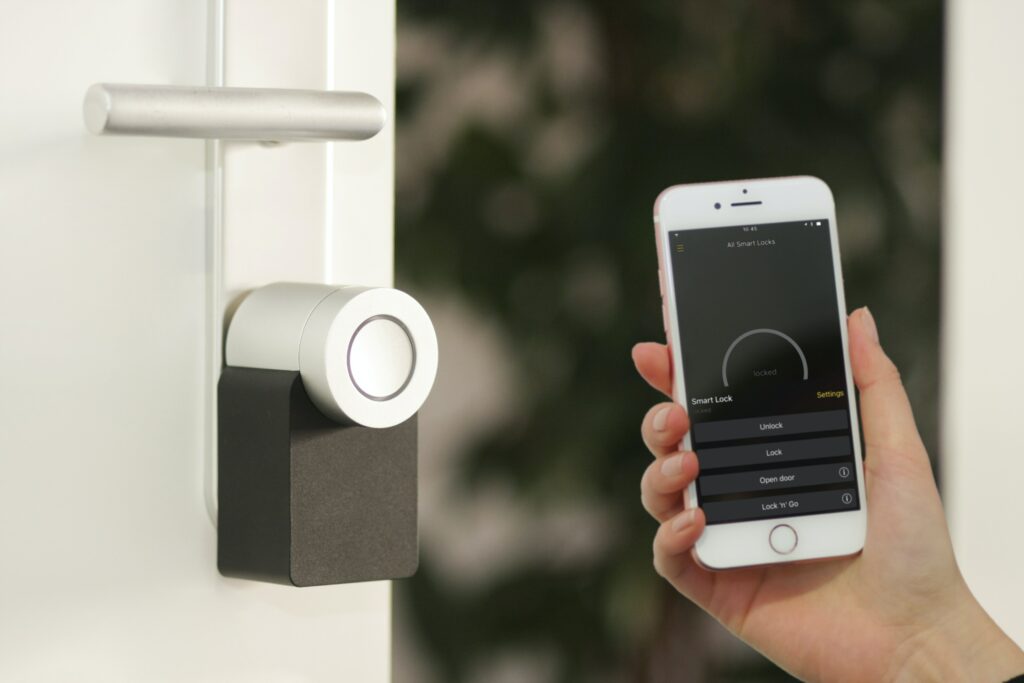
Data Collection and Privacy Concerns
One of the main concerns regarding smart home technology is the vast amount of data collected within our homes. Smart devices gather data on our behaviors, routines, and preferences, which can be used by manufacturers, service providers, or third parties for various purposes, including targeted advertising or product development. This constant surveillance raises questions about individual privacy and how our personal data is being handled. Ensuring transparency, consent, and control over our own data becomes paramount.
Security Measures for Smart Homes
To address the privacy risks associated with smart homes, implementing robust security measures is essential. First and foremost, it is crucial to secure your Wi-Fi network with a strong password and enable encryption. This prevents unauthorized access to your smart devices and the data they collect. Regularly updating the firmware and software of all your smart devices is also important, as manufacturers often release patches to fix vulnerabilities. Additionally, consider using a dedicated network for your smart home devices to separate them from your primary network. This adds an extra layer of security and prevents potential breaches from affecting other devices on your network.
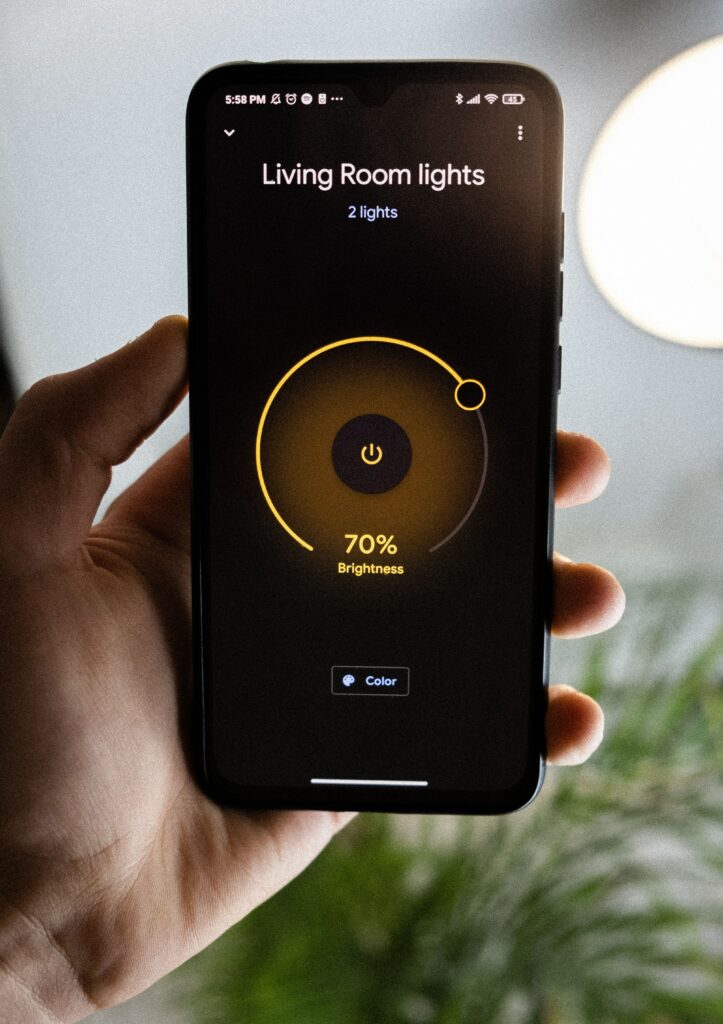
Finding the Balance between Convenience and Security
The key to successfully navigating the privacy paradox lies in finding the right balance between convenience and security. It is essential to weigh the benefits and potential risks associated with each smart device before integrating it into your home. Consider the necessity of the device and the level of data privacy it requires. Strive for a balance that maximizes convenience without compromising security. For example, opting for devices that minimize data collection or offer robust privacy controls can help mitigate privacy risks while still enjoying the benefits of a smart home.
Tips for Enhancing Privacy in a Smart Home
To enhance the privacy of your smart home, there are several steps you can take. Start by reviewing the privacy policies of the devices and services you use, ensuring they align with your values and requirements. Disable any unnecessary data-sharing features and limit access permissions to only essential functions. Regularly review the permissions and settings of your smart devices and ensure you update them with the latest security patches. Consider using a virtual private network (VPN) when accessing your smart home remotely to encrypt your connection and protect your data.
The Role of Legislation and Regulations
In order to effectively address the privacy concerns surrounding smart homes, legislation and regulations play a crucial role. Lawmakers and regulatory bodies need to establish clear guidelines and standards that protect consumer privacy without stifling innovation. This includes requirements for transparent data collection and usage practices, as well as stringent security standards for smart home devices. Manufacturers and service providers should be held accountable for adhering to these regulations to ensure the privacy and security of users’ data.
The Future of Smart Homes and Privacy
As technology continues to advance, the future of smart homes looks promising. Innovations such as edge computing, which processes data locally instead of relying solely on cloud services, offer potential solutions to privacy concerns associated with data collection. Additionally, advancements in artificial intelligence and machine learning can enable smart systems to better understand and adapt to individuals’ preferences while respecting their privacy. However, it is important to remain vigilant and proactive in advocating for robust privacy controls and security measures as smart homes become increasingly integrated into our lives.
In conclusion, the privacy paradox of balancing convenience and security in a smart home is a complex challenge that requires careful consideration. While smart homes offer numerous benefits, it is crucial to understand and address the privacy risks and data collection practices they entail. By implementing robust security measures, being selective in choosing devices, and advocating for privacy regulations, we can strike a balance that allows us to enjoy the conveniences of a smart home while protecting our privacy and security.
